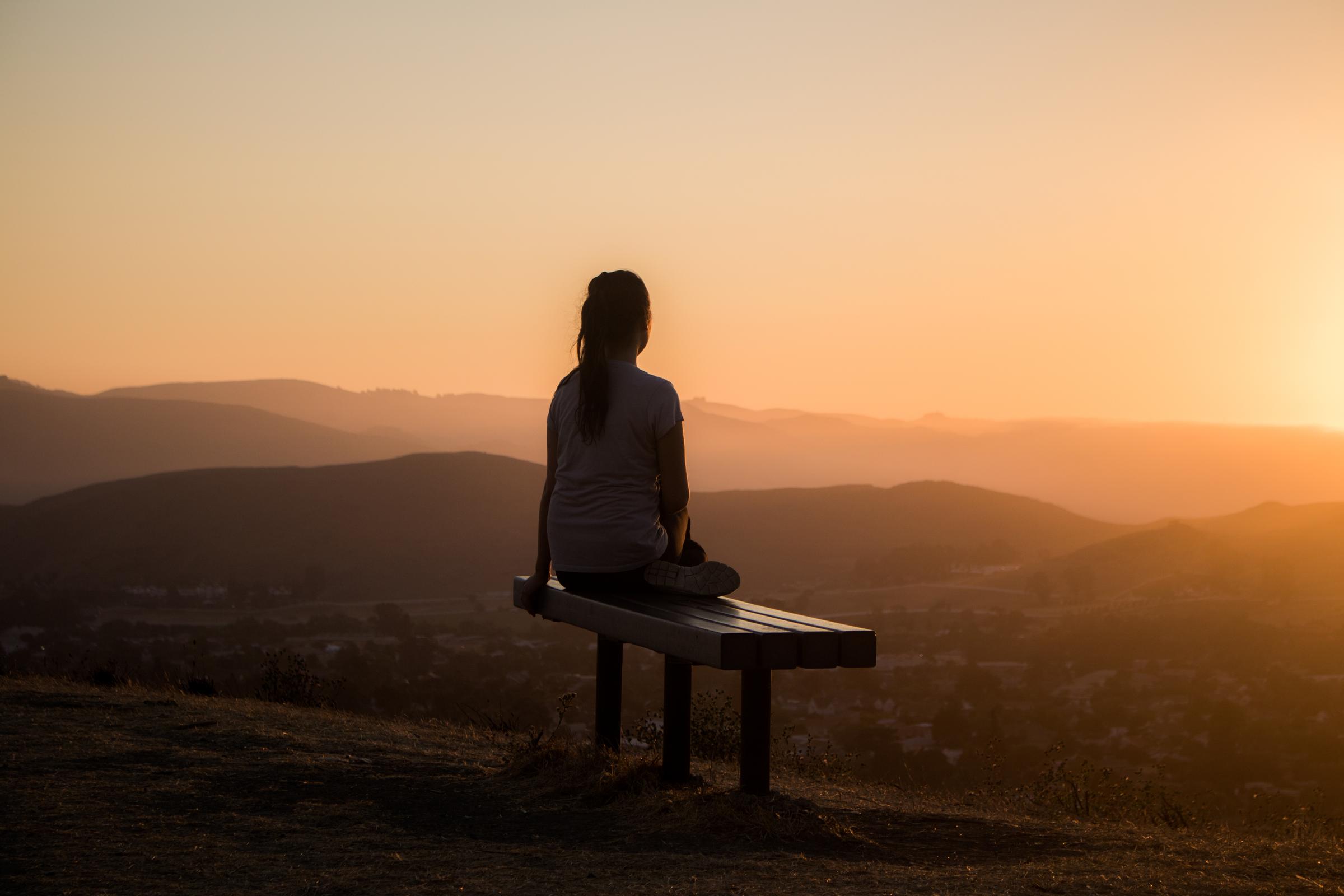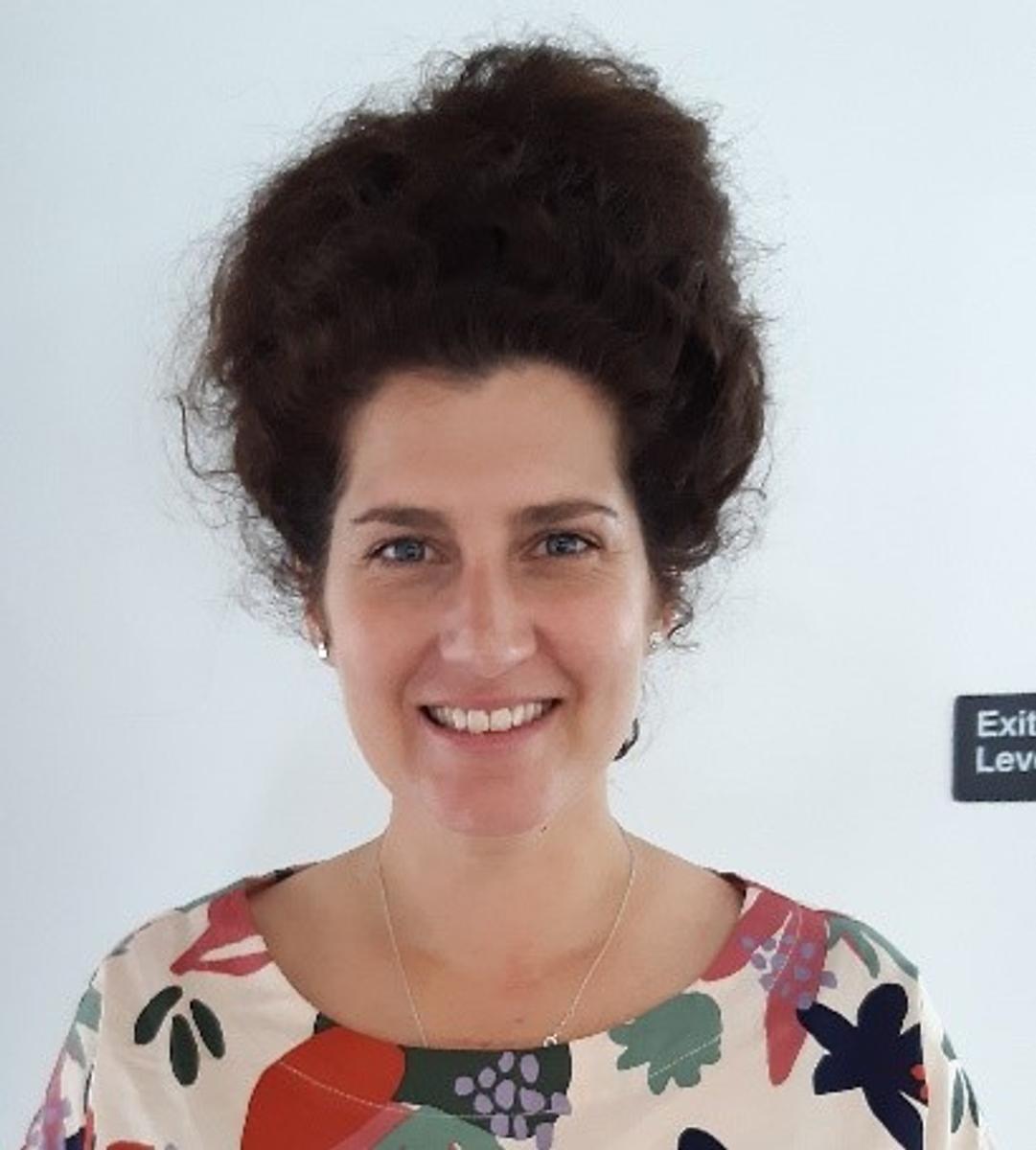Student Wellbeing

Novel Coronavirus
See the attached notice from the Victorian Government re the emerging outbreak of novel coronavirus.
It also has suggestions on how to encourage good hand hygiene, and where to seek further help and/or access updated information on the virus.
Natural disaster response - Fires
As a school community we are saddened by the devastating fires and our thoughts are with people who are directly involved or who have friends and family affected. In addition to the effect it has had on the ecology of those areas.
As a school community we will look towards ways in which we can offer support in the near future with collaboration with staff and students.
At the bottom of the page there are suggested helplines for students to reach out to.
Of course the students also have the school community and wellbeing team who can offer assistance and support if they are feeling overwhelmed.
Tips for the initial days and weeks after a natural disaster:
- Do things that make you feel physically and emotionally safe, and be with those who are helpful to your wellbeing
- Engage in activities that promote a sense of calm and feeling grounded (use of alcohol and other drugs can be counterproductive with this). Look for ways to include some routine and re-engage with pre-exposure activities as much as possible (e.g. playing games or sports, hobbies, etc.)
- Find ways to connect with others, especially those who help you feel OK
- Explore ways to get involved with repair and recovery of your community, and family and friends. This can help foster a sense of hope which is important to recovery
- Be mindful of exposure to traumatic information through stories, traditional and social media. It can be helpful to take a break from the 24-hour news cycle. (Hobfoll et al, 2007) [1]
Tips for longer term after a natural disaster
It is important to keep up any regular routines or activities. This could be daily activities, like attending school or uni, a job, sports or catching up with friends. It could be something as simple as planning your day and trying to stick to that.
It’s OK to start small
It’s normal to feel like you want to get involved in the recovery process. You might like to look for ways you can contribute to your local community to help yourself and others to rebuild. It’s also OK if this doesn’t feel right just yet.
Our tips for a healthy headspace demonstrate things that can help people to create and maintain a healthy headspace, irrespective of whether they have experienced a natural disaster.
Common reactions to a natural disaster
Natural disasters can be hard to cope with. People can respond in very different ways which also change over time, such as; fear and anxiety, grief and loss, anger/confusion, sadness/emptiness, denial, guilt and shock.
People who experience traumatic events are often able to recover, and do not experience ongoing difficulties, by using their strengths and resources, as well as the informal supports of family, friends and the broader community. Some people may need to access professional support to navigate these challenges. It can be hard to know when it’s time to seek professional support. Commonly, it’s when someone has been experiencing difficulties for longer than a couple of months after an event, and is having an ongoing impact on the way they want to live their lives.
How to look after yourself during a tough time?
Headspace clinicians have plenty of experience helping young people deal with difficult emotions. After a traumatic event it is even more important than usual to make sure you focus on your nutrition, sleep and exercise. Alongside this, they also suggest:
- Having a routine. When everything feels 'a little out of control', a regular routine can help you manage things and make life seem more organised
- Allowing yourself some 'worry time'. If you’re constantly worrying about or replaying the stressful event, then set aside some time to worry each day. At other times, remind yourself to leave these thoughts until later
- Setting some realistic goals. You could break large goals down into small achievable steps. This will let you prove to yourself that you have the skills and strength to recover, and feel good about yourself
- Using your strengths and surrounding yourself with support. Everyone has strengths, and you can draw on yours. Surround yourself with people who are reassuring and comforting, and who allow you to be yourself
When should I get help?
If you ever feel unable to cope because of overwhelming or intense emotions, or if you have any thoughts of harming yourself, then ask for help immediately. Very strong emotions normally start to settle by about six weeks after the disaster. If you still have trouble with your emotions or with your usual daily activities after this time, then think about getting some professional help.
Talk with a trusted adult, such as a parent, teacher, school counsellor or find out if there is a headspace centre near you.
National 24/7 crisis services
Lifeline: 13 11 14 or https://www.lifeline.org.au/
Suicide Call Back Service: 1300 659 467 or https://www.suicidecallbackservice.org.au/
beyondblue: 1300 224 636 or https://www.beyondblue.org.au/
Additional youth support services
headspace: visit https://headspace.org.au/ to find your nearest centre or call eheadspace on 1800 650 890
Kids Helpline: 1800 55 1800 or https://kidshelpline.com.au/
ReachOut: https://au.rea
Gabrielle Nagle
School Nurse

